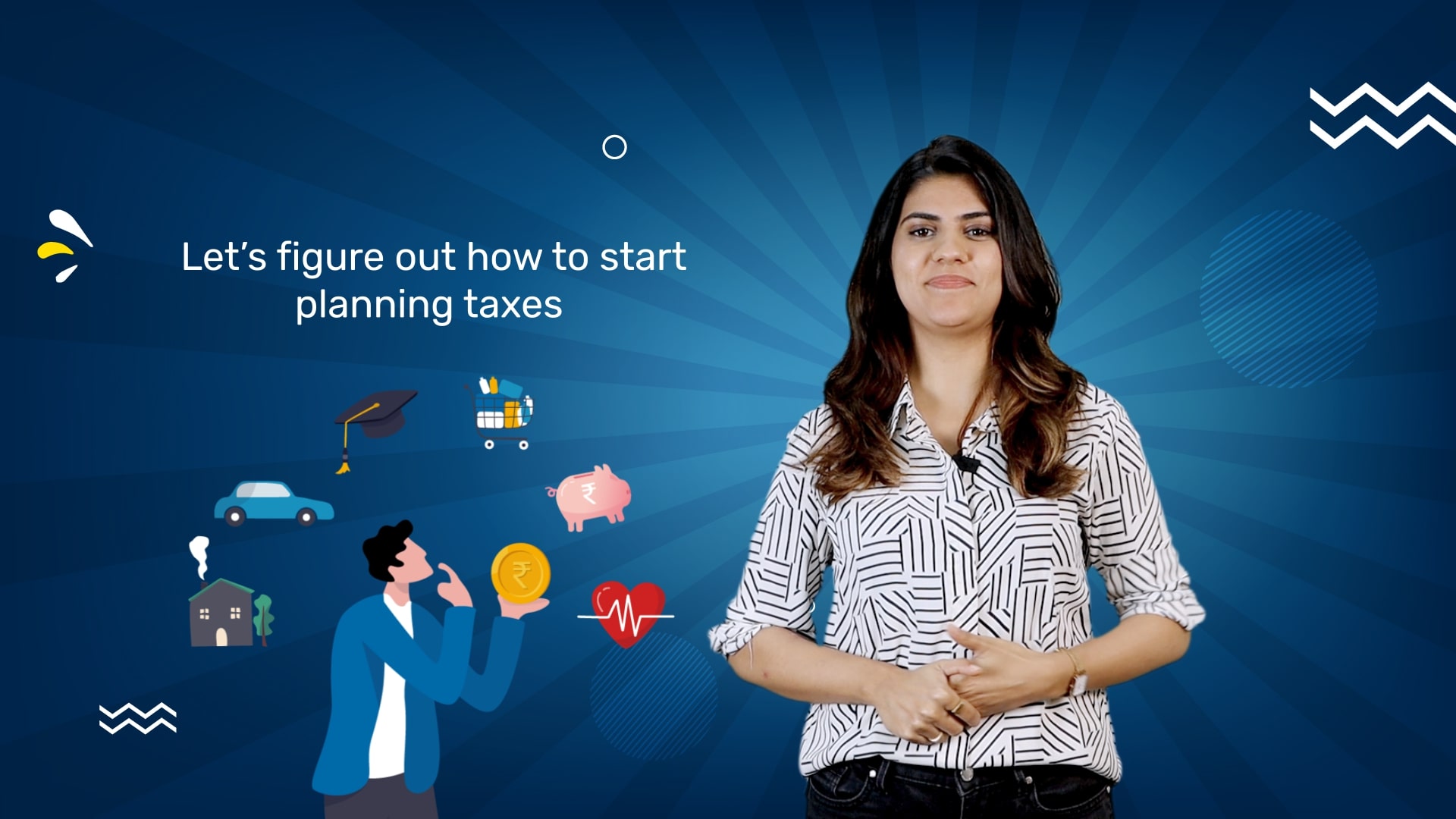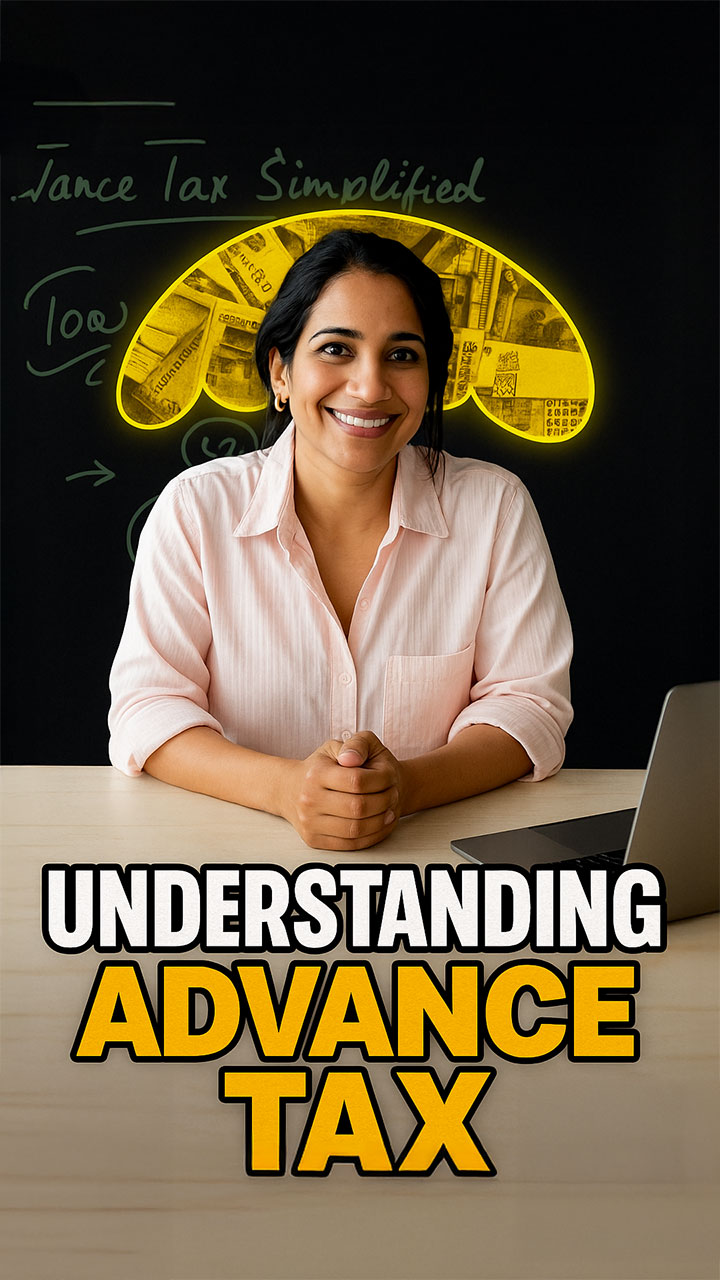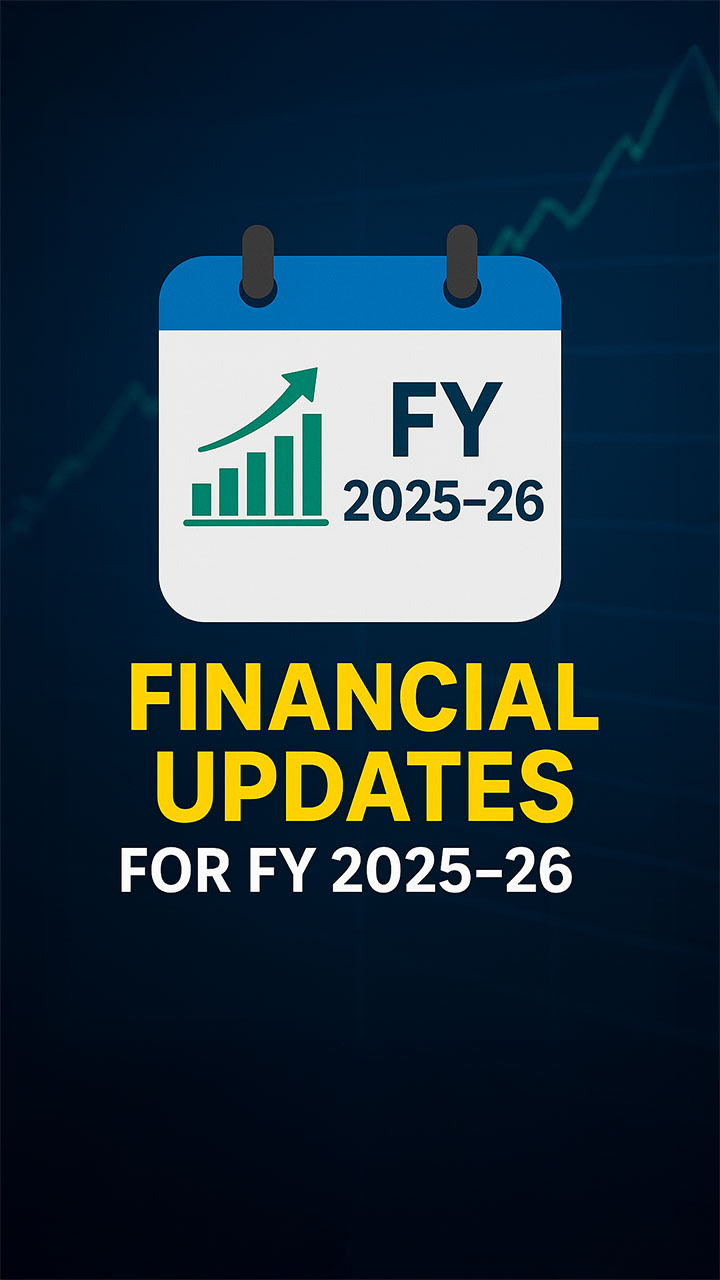Beginner's Guide: How to Start Planning Your Taxes
Welcome to yet another informative video on taxes! Ready to achieve financial stability via effective tax planning? Let’s walk through the process.
First, we’ll cover the basics. Know your income— how much you have at your disposal. Next, map out your expenses. This includes your monthly bills, planned purchases, investments, insurance contributions, and any EMIs. Once you have a clear picture, we’ll explore relevant tax-saving sections under the Income Tax Act.
For example, under Section 80C, you can claim up to ₹1.5 Lakhs on investments like ELSS funds, PPF, or tax-saving FDs. Under Section 80CCD(1B), an additional ₹50,000 is available for NPS contributions. You’ll also uncover additional deductions applicable. These include home loan interest (Sections 80EE & 24(b)), education loans (80E), health insurance premiums (80D), and electric vehicle loans (80EEB).
After analysing your finances, we’ll discuss how to plan your expenses carefully. Remember to prioritise necessary payments over optional purchases. This could help you avoid financial strain.
Finally, we’ll help you execute the plan. Begin investing at the start of the financial year. Keep payments timely, declare expenses accurately, and file your taxes on time. Here, you’ll get helpful tips on each step.
Start now, manage your taxes wisely, and take charge of your finances!

Key Takeaways
Assess your income and expenses to gain a clear understanding of your financial standing before planning taxes
Categorise expenses, including monthly spends, planned purchases, investments, insurance contributions, and loan payments
Explore available tax deduction sections like 80C, 80D, 80E, etc. to optimize savings on your investments, insurance, and so on
Strategically plan expenses to avoid financial strain, giving priority to critical payments such as insurance premiums
Execute your tax plan diligently by starting investments early, making timely payments, and filing taxes promptly to avoid penalties
Utilise online platforms to file taxes efficiently and consider seeking professional assistance for comprehensive tax planning
Take charge of your finances, stay informed about changing tax laws, and make informed decisions to maximise your savings
What to Watch Next
Bites






































